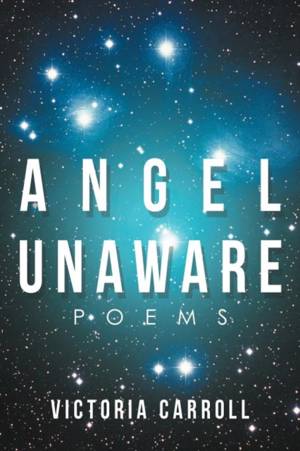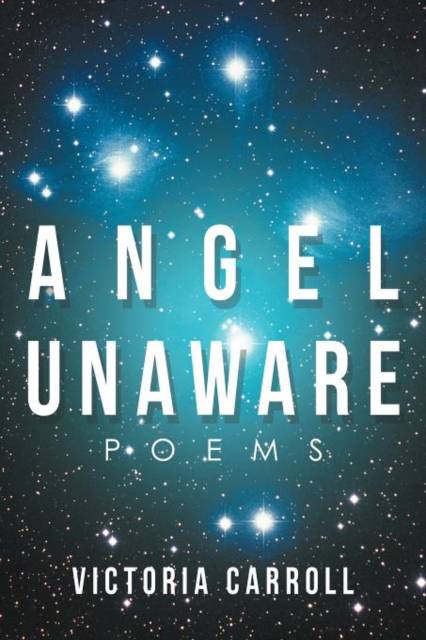
- Retrait gratuit dans votre magasin Club
- 7.000.000 titres dans notre catalogue
- Payer en toute sécurité
- Toujours un magasin près de chez vous
- Retrait gratuit dans votre magasin Club
- 7.000.0000 titres dans notre catalogue
- Payer en toute sécurité
- Toujours un magasin près de chez vous
Description
Treating Biblical events with sincerity and respect, the poems explore the unity and logicality of a coherent and consistent world view. Phrases and images recur throughout to weave poems and sections together in order to express the sublime.
As literary poetry (a/k/a "academic" poetry, which is a rather stuffy-sounding term), the poems take various forms--sonnet, haiku, ballad, tercet, couplet, and prose poem, as well as other stanza variations and free verse forms. The uses of imagery, paradox, ambiguity, patterns of sound, and other devices serve to intensify the meaning and communication of experience.
From the introductory poems to the final ones, the reader should find poems that enlighten, delight, and possibly even shock, as characters, such as Eve, Bathsheba, and a servant-girl in Nero's court, are given voices to express their perception of events and circumstances.
As the poet Jeff Knorr writes, "When reading poetry, whether we're an experienced reader or not, one thing is certain: Poetry ought to move us [ . . . ] It might make us cry out loud over a page. It may move us to very simple and quiet contemplation of our own life [. . . ] And, poetry may turn us inside out without warning." May you react to these poems with any or all of these responses, and may you enjoy what you read.
Spécifications
Parties prenantes
- Auteur(s) :
- Editeur:
Contenu
- Nombre de pages :
- 116
- Langue:
- Anglais
Caractéristiques
- EAN:
- 9781467044998
- Date de parution :
- 22-11-11
- Format:
- Livre broché
- Format numérique:
- Trade paperback (VS)
- Dimensions :
- 152 mm x 229 mm
- Poids :
- 181 g

Les avis
Nous publions uniquement les avis qui respectent les conditions requises. Consultez nos conditions pour les avis.






